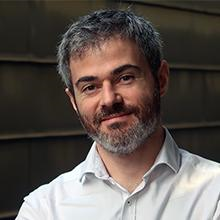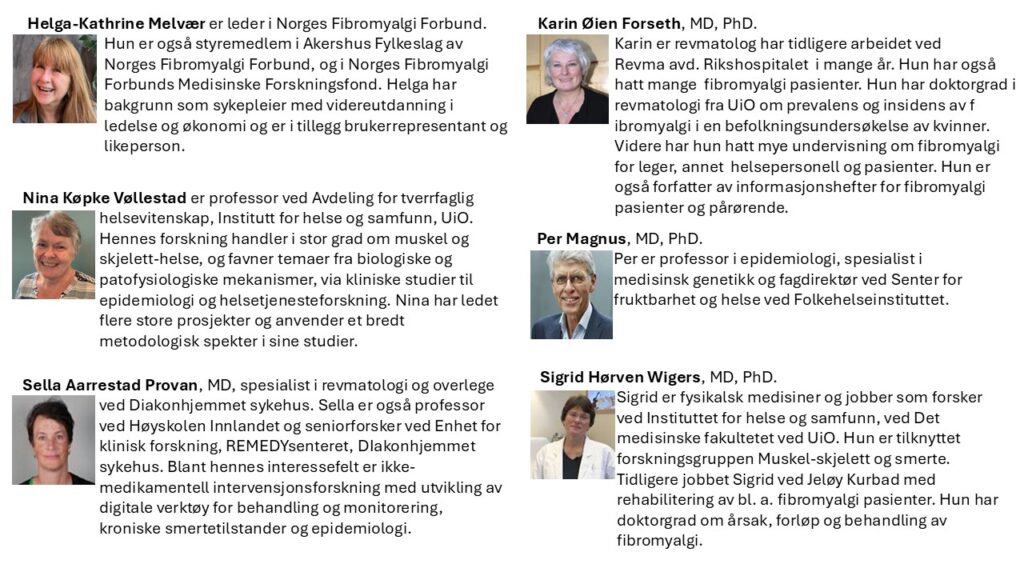The 30th Norwegian Epidemiological Association (NOFE) conference will be held 15th to 16th of October 2024 at Quality Hotel Expo Fornebu, outside Oslo. The title of the conference is “Intersecting Frontiers in Epidemiology: Environment, Climate and Genetics in a Public Health Perspective“, with parallel sessions covering other parts of epidemiology.
Young Investigator Day
Young Investigator day was held 14th of October 2024, with the topic “Genetic relatedness”. Register for YID here. More information is found in the link below:
Keynote speakers:

Joan Ballester Claramunt is an Associate Research Professor at the ISGlobal Barcelona Institute of Global Health. As a researcher in climate and health, he aims to describe the major sources of vulnerability in societies and whether we have started to adapt to climate change. He predicts weather and climate effects at a range of timescales, from days to seasons, aiming at generating early warning systems of disease risk. His ultimate goal is to improve the well-being of societies by increasing human resilience and adaptation to climate variability and change.
Title of presentation: Integrating climate techniques and models to explore new avenues in environmental epidemiology
Summary: The growing availability of climate data and models, as well as the increasing body of transdisciplinary work at the interplay between environmental epidemiology and atmospheric sciences, open the door to new research avenues in both fields. The presentation will review several research lines in ISGlobal’s Adaptation Group (https://www.joanballester.eu/group.html), including impact-based early warning systems from weather and air pollution forecasts, air pollution estimates from machine learning, climate change detection and attribution of climate-related health impacts, or air transport models estimating imported transboundary air pollution related mortality.

Virissa Lenters is an Assistant Professor and environmental epidemiologist from the Vrije Universiteit Amsterdam and the Julius Center for Health Sciences and Primary Care at the University Medical Center Utrecht. She researches how plastic and chemical pollution impact reproductive and child health, with a particular focus on the health effects of plastic waste exceeding planetary boundaries and the challenge of risk assessment for complex pollutants like microplastics.
Title of presentation: Plastic and chemical pollution- a challenging road to risk assessment
Summary: Pollution is a complex exposure. This talk will introduce how plastic and chemical pollution are planetary health problems and highlight challenges in human health risk assessment. Recent evidence for exposure and health effects of micro- and nanoplastics will be presented. The broader context of public perceptions of risk related to pollution, susceptibility and exposure disparities, and possible mitigation strategies will be addressed.

Therese Haugdahl Nøst is an Associate Professor in molecular genetics and environmental epidemiology at the UiT Arctic University of Norway. She focuses on markers in blood: ‘ omics markers’ (for example genetics, gene expression, and DNA methylation) in the understanding of how environmental exposures can influence health and systemic reactions leading to diseases like cancer.
Title of presentation: Investigating environmental contaminants and health- Insights from population-based studies in Northern Norway
Summary: Our research team at UiT has, for several years, focused on environmental contaminant exposures and their potential health effects. Repeated measurements in the population-based Tromsø Study and the Norwegian Women and Cancer Study have enabled longitudinal studies and unique research designs. Investigations of time trends for both legacy and newer environmental contaminants in Northern Norway have emphasized the importance of international conventions regulating these contaminants. Accompanying modeling efforts have provided conceptual representations of blood concentrations of PCBs throughout life. Using repeated samples also revealed that the time-trends of legacy POPs differed between T2DM cases and controls, thereby questioning POPs as risk factors for T2DM. Investigations of dietary habits and profiles of environmental contaminants confirmed fish as a dietary source of POPs although other factors such as birth year and reproductive history also have substantial impact on the body burden of these contaminants.
Panel debate (in Norwegian)
Kan populasjonsbasert epidemiologisk forskning bidra til bedre forståelse av fibromyalgi og bedre behandlingstilbud til pasienter?
Paneldeltakere:







 Users Today : 4
Users Today : 4 Users This Month : 286
Users This Month : 286 Total Users : 23736
Total Users : 23736